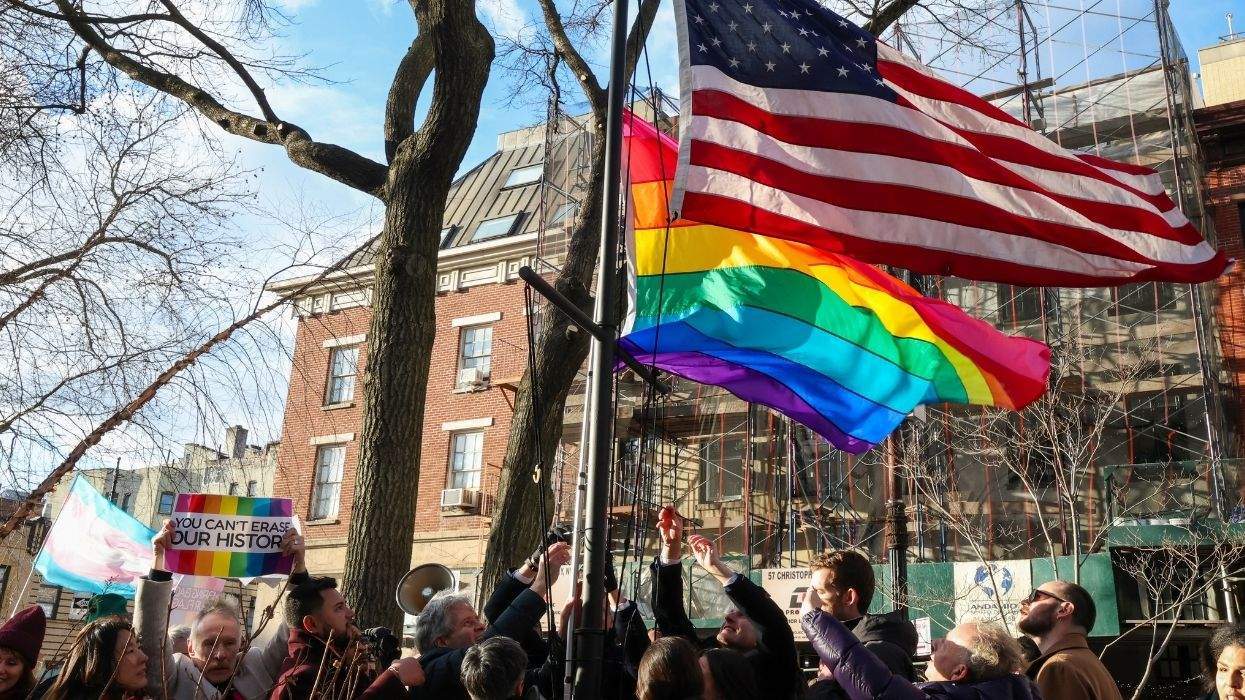A new report by the Trevor Project found that 28 percent of LGBTQ+ youth have experienced homelessness or housing instability at some point in their lives.
The study, titled "Homelessness and Housing Instability Among LGBTQ Youth," found that those who did encounter housing issues had two to four times the odds of reporting depression, anxiety, self-harm, considering suicide, and attempting suicide compared to those with stable housing.
Among the group's key findings, nearly half (44 percent) of Native/Indigenous LGBTQ+ youth experienced homelessness or housing instability at some point in their life. This is compared to 16 percent of Asian-American/Pacific Islander LGBTQ+ youth, 27 percent of white LGBTQ+ youth, 27 percent of Latinx LGBTQ+ youth, 26 percent of Black LGBTQ+ youth, and 36+ of multiracial LGBTQ+ youth.
Transgender and nonbinary youth both had higher rates of homelessness and housing instability. Transgender girls and women experienced homelessness at a rate of 38 percent. For transgender boys and men, the rate was 39 percent. And 35 percent of nonbinary youth experienced homelessness compared to 23 percent of cisgender LGBQ+ youth.
Sixteen percent of LGBTQ+ youth reported that they had slept away from their parents or guardians because they ran away from home. More than half of them (55 percent) reported running away due to mistreatment or fear of mistreatment because of their LGBTQ+ identity.
Another 14 percent of LGBTQ+ youth had slept away from parents or guardians because they were kicked out or abandoned, according to the Trevor Project's report. Forty percent reported being kicked out or abandoned due to their LGBTQ+ identity.
The Trevor Project recommended that to improve the plight of homeless LGBTQ+ youth, strong antidiscrimination and antibullying policies are needed -- that includes in the workplace and in schools. Increased access to family counseling or mediation is also recommended in order to decrease family conflict.
Other suggestions include additional funding for low-income housing, reimagining shelter services, improving data collection on LGBTQ+ youth homelessness, and instituting anti-poverty economic policies that combat poverty at the societal level.
Jonah DeChants, one of the authors of the study and a research scientist, told NBC News that the report "paint[s] a pretty serious picture about the need to provide better mental health services for folks who are experiencing housing instability."
"When you start adding homophobia, plus racism or transphobia, plus anti-Indigenous racism," DeChants said, "then we again start to see that young people who are experiencing multiple forms of marginalization and oppression -- those are the folks who tend to be pushed out of housing supports and experiencing homelessness."
If you or someone you know are feeling distressed, call the National Suicide Hotline at (800) 273-8255. If you are an LGBTQ+ youth and need help, you can reach out to the Trevor Project at (866) 488-7386 or text 678678 to talk to someone 24/7.
















Charlie Kirk DID say stoning gay people was the 'perfect law' — and these other heinous quotes
These are some of his worst comments about LGBTQ+ people made by Charlie Kirk.